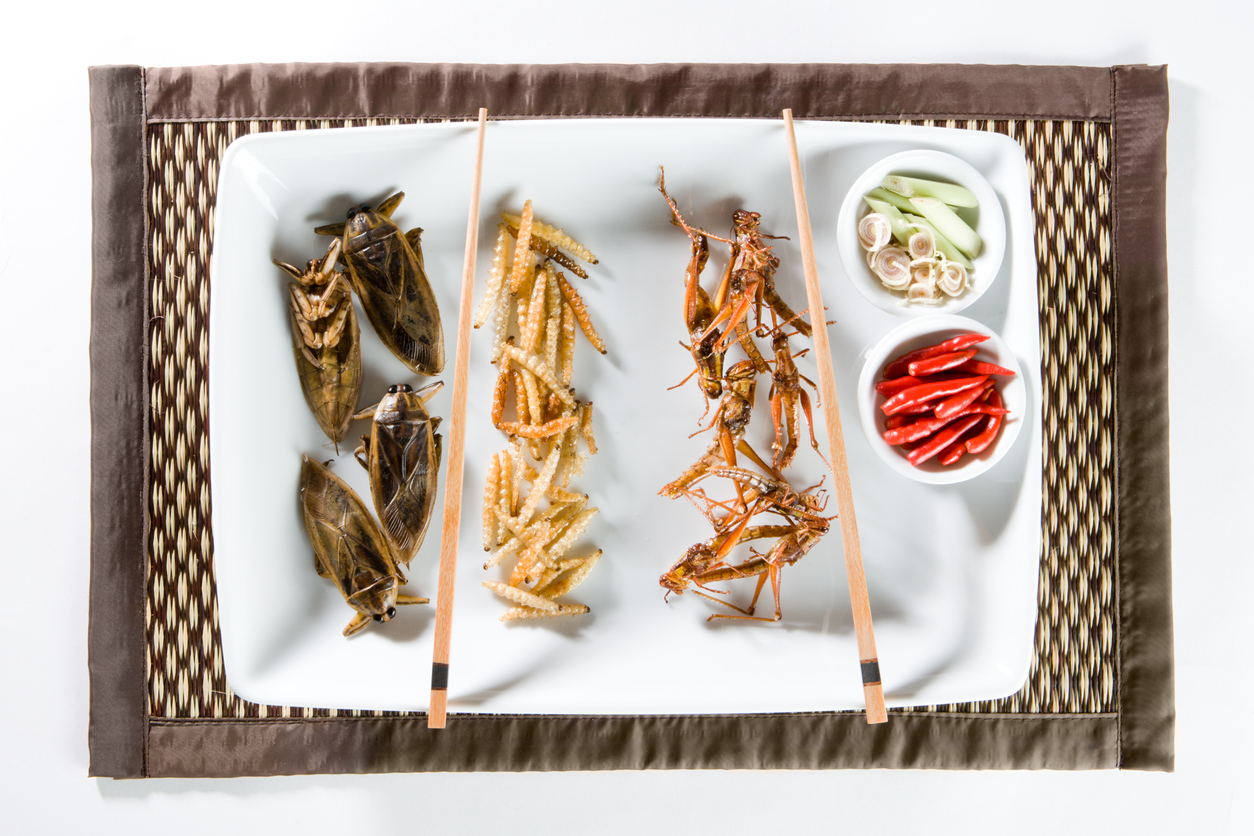Israel Innovation Authority helps establish new cultivated meat consortium with $20.4M grant

The Israel Innovation Authority (IIA), an independent publicly funded agency, is investing $20.4M over the next three years to establish a consortium of companies and organisations focused on cell-based meat innovation, the Israel cultivated meat consortium.
The consortium consists of 14 companies from across Israel’s foodtech sector and 10 universities and research centres.
It will be co-led by one of the country’s leading food giant, Tnuva, and Gaya Savion, a grantee from the not-for-profit organisation Good Food Institute Israel. Academic institutions involved in the project include the Tel Aviv University, the Hebrew University of Jerusalem, Reichman University, the Volcani Center, and Technion – Israel Institute of Technology.
Cultivated meat companies Aleph Farms and SuperMeat are also involved, as well as biotech start-up Seevix, cell growth factor developer BioBetter, chemical and biotech company Biological Industries, and biopesticide manufacturer BioDalia.
This month, SuperMeat held one of the largest ever consumer sampling events for cell-based meat, where 71.8% of participants reported to have preferred cultivated over traditional meat. The start-up has also opened a testing kitchen alongside its production plant called The Chicken, a non commercial restaurant where individuals can apply to go and sample the cultured meat. The start-up hopes to open its first facility in the US in 2023 if it receives the regulatory approval.
One of the main goals of the consortium is to bridge the gap between university research and the food industry, making academic insight on lab-grown meat more accessible.
The various companies and academic institutions will begin work later this year, developing cell growth, bioreactor, and scaffold technologies. Other issues the consortium will address include product shelf life, limiting production costs, novel food requirements, and dealing with regulation.
Shay Cohen, Tnuva Chief Innovation Officer and Corporate Venturing Officer, and future chairman of the consortium told Globes: “Collaboration between leading companies in developing cultivated meat and leading food producers, who bring the knowhow and ability to convert production technology to an industrial scale, and academic researchers, is vital for creating breakthroughs and making products accessible to the public at large. Israel, led by the Innovation Authority, represents an example of excellence in the way states must operate.”
As well as the cultivated meat consortium, the IIA is also founding three other consortiums dedicated to fluid sampling for medical diagnosis, research around Human-Robot Interaction (HRI), and insect farming.








